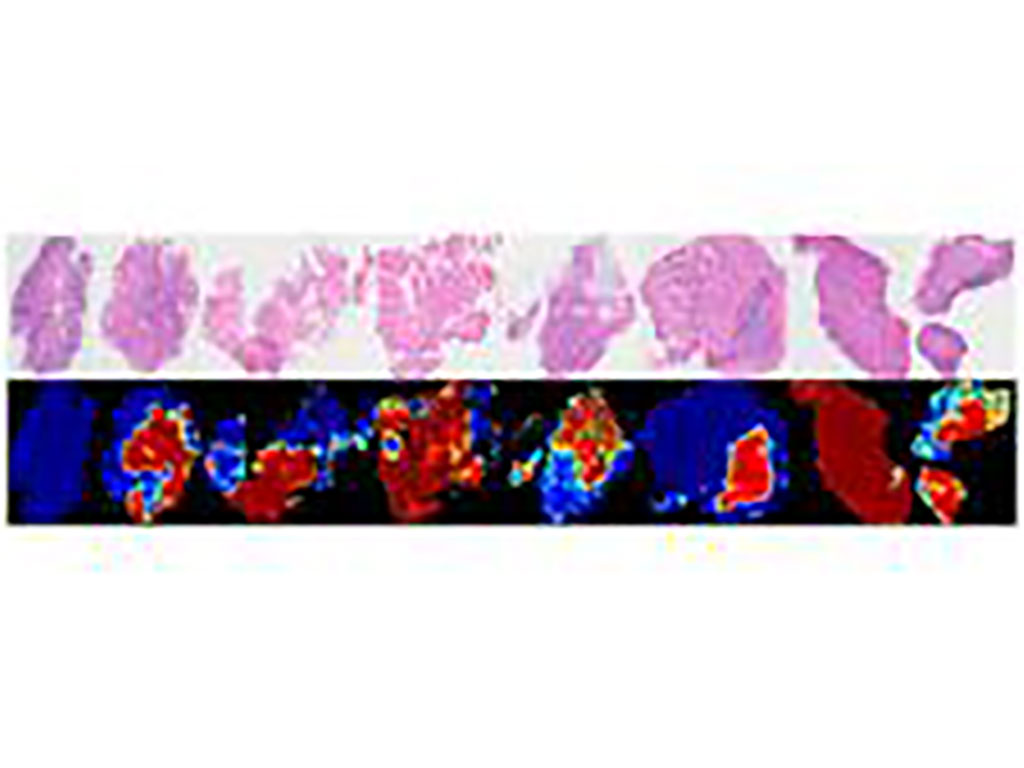AI-Based Pathology Diagnosis Tool Detects Seven Types of Gastric Cancer
Posted on 09 Sep 2022
There is increasing demand for diagnostic tools that can help reduce the workload of pathologists. Now, researchers developing an AI-based pathology diagnostic tool have succeeded in expanding its AI detection to seven types of gastric cancer, highlighting its versatility for a range of pathology applications.
Evident (Waltham, MA, USA), a wholly owned subsidiary of Olympus Corporation, announced the latest results from its ongoing joint research program to create an AI-based pathology diagnostic tool at the 20th annual meeting of the Japanese Society of Digital Pathology. In 2017, Evident along with collaborators had begun to develop the AI-based pathology diagnosis tool. The first testing phase showed the diagnostic tool could successfully identify adenocarcinoma tissue from pathology whole-slide images. As part of the second research phase that began in November 2020, the tool was tested on 2,717 pathology whole-slide images provided by six hospitals in Japan to improve its versatility and accuracy.

By significantly increasing the amount of image data through collaboration with the hospitals, the diagnostic tool improved its AI detection of adenocarcinoma of tubular and poorly differentiated types and expanded its AI detection to identify other gastric cancers. It achieved a false negative rate of 0 to 2.5% in seven types of gastric cancer: adenocarcinoma, of tubular, papillary, mucinous and poorly differentiated types, gastrointestinal stromal tumor, MALT lymphoma, and diffuse large B-cell lymphoma. A common AI discrimination threshold was set for all hospitals, demonstrating the improved versatility of the software. As the second research phase continues, Evident aims to further refine the tool to prepare it for commercial use. The goal of this program is to deliver an AI pathology diagnosis software that can assist pathologists by 2023.
Related Links:
Evident













